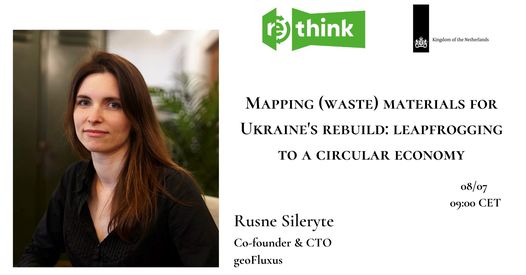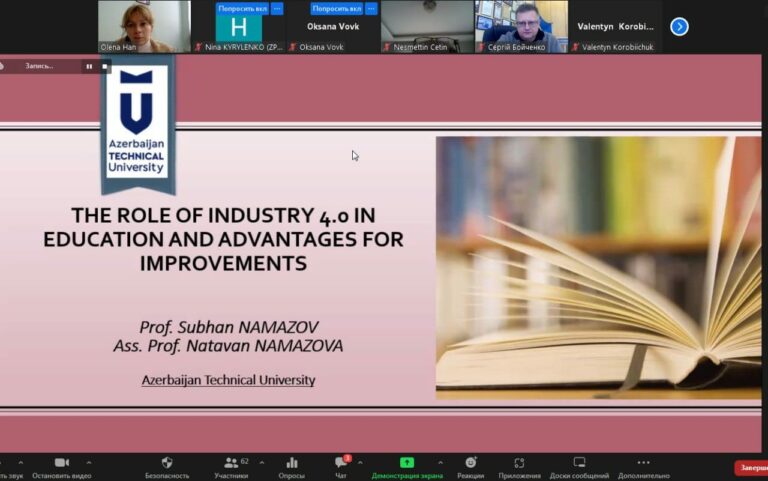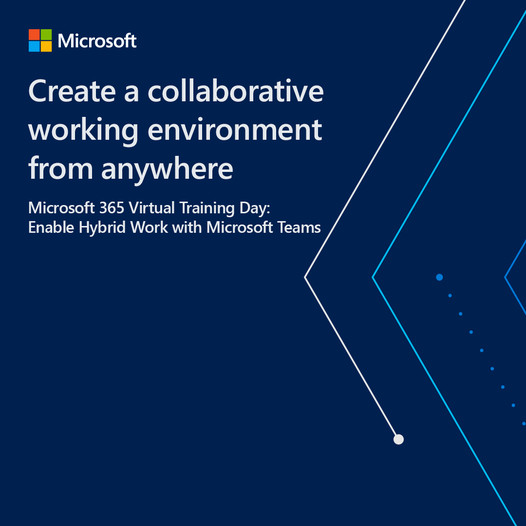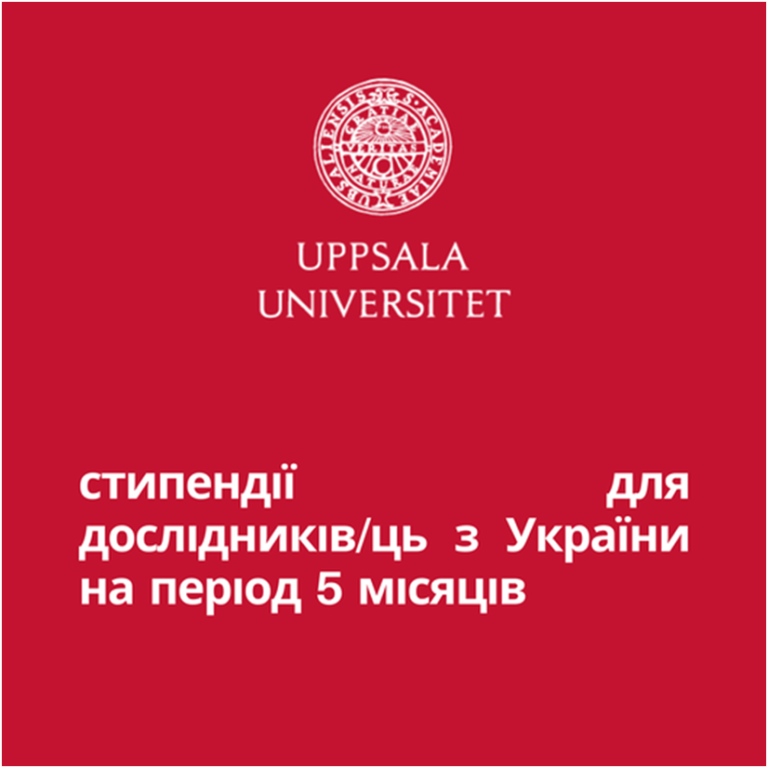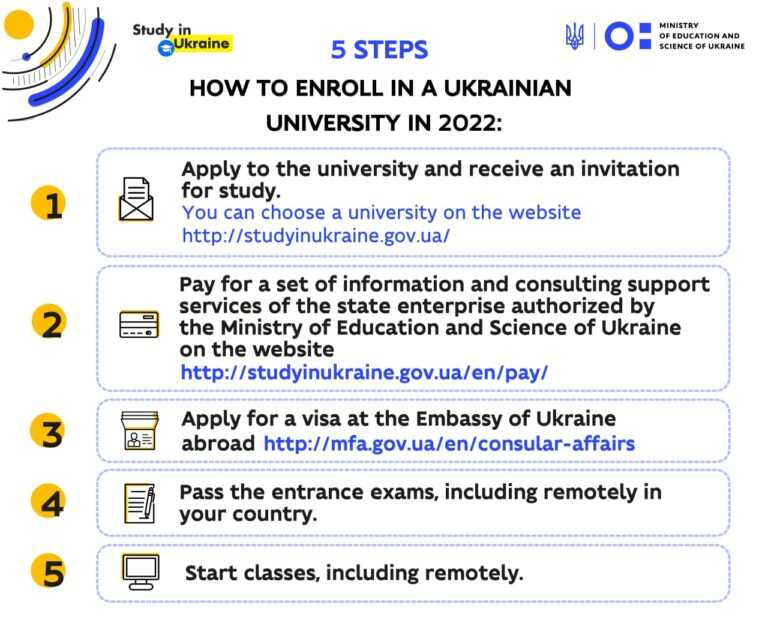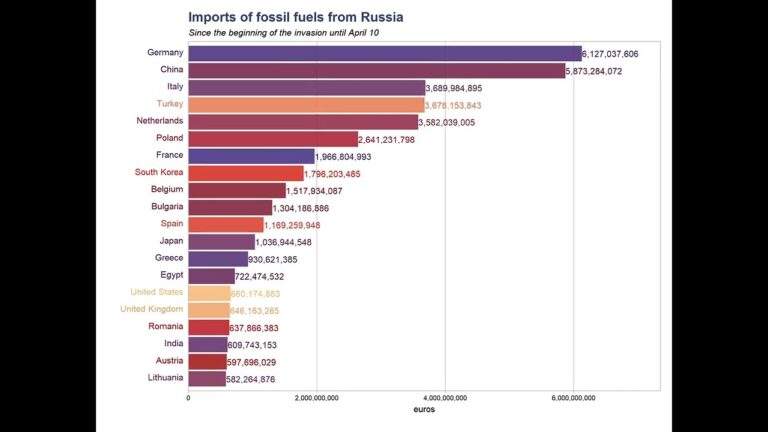Mapping (waste) materials for Ukraine’s rebuild: leapfrogging to a circular economy
Urban systems are full of abandoned valuable materials, which could be brought back to another cycle of use. Some years back, a concept of ‘urban mining’ was popular among circular activists. It meant that if you needed something (bricks, pallets or some other stuff) for your studio or squat, you’d wander around the town to see where that could be found. With time being, in some narrow circles of enthusiasts, the concept evolved to ‘urban harvesting’, which means you no longer have to search – everything is known. You just go for it. Here’s where the mapping and tracking of materials becomes important. It is a necessary link in the chain of circular urban environment.
As Ukraine is fighting for its freedom and decent European future, Ukrainians deserve to build the country back better – in a smarter, more sustainable, human-centered and circular way. While many cities, towns, neighborhoods and buildings are being destroyed by russians, mapping and tracking of (waste) materials (e.g. demolition waste) becomes important for better planning and, eventually, reuse.
Therefore, we’re happy to invite you to our webinar with Rusne Sileryte, Co-Founder of the Dutch company geoFluxus. geoFluxus aims to make a positive, sustainable and actionable global impact by developing innovative and integrative open-source resource management tools. They strive to democratize public waste flow data, hit/check sustainability targets, create new business opportunities and accelerate the transition towards the circular economy with the largest possible environmental, social, and financial benefits.
geoFluxus is a spin-off company from the Delft University of Technology (TUDelft) and the Amsterdam Institute for Advanced Metropolitan Solutions (AMS Institute).
As they put it on their own website, “We take the responsibility for developing a Circular Economy into our own hands. We demand change by orchestrating cutting edge academic research with savvy business models and a deep-routed desire for positive impact.”
Rusne Sileryte holds a PhD at the Chair of Environmental Technology and Design in Delft University of Technology in the Netherlands. Her research work assesses how well we can model (circular) material flows based on the existing datasets and how well we can decide if circular economy strategies create significant impacts in light of the set city, national or international targets.
We’re looking forward to a fascinating talk!
Please don’t forget to register via the following link:
https://forms.gle/dHp2nz4PHGddNixv8
The webinar is completely free, but we’d be very thankful for your Patreon donation at this challenging time (from as little as $3):
https://www.patreon.com/rethinkua
Working language – English.
